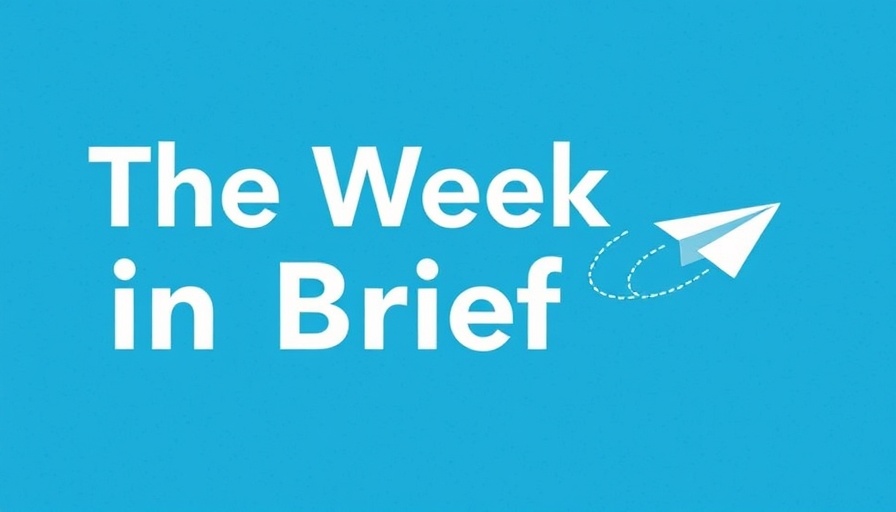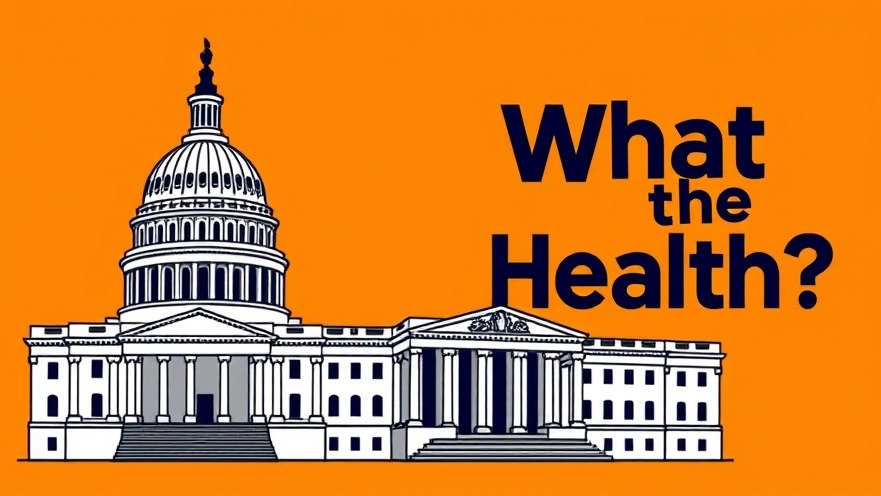
Understanding the Vaccine Injury Compensation Program
The Vaccine Injury Compensation Program (VICP), established in 1988, was designed to safeguard both the public and pharmaceutical companies by providing compensation for vaccine-related injuries without the complexity of lengthy court trials. This federally funded program has dispensed over $5 billion to individuals who claim harm due to vaccinations. However, recent movements led by Health and Human Services Secretary Robert F. Kennedy Jr. have put this program under scrutiny.
Kennedy's Controversial Approach
Kennedy’s strategy focuses on expanding the types of injuries eligible for compensation, which some experts warn could flood the fund with claims and ultimately lead to its insolvency. The implications of this strategy are dire; linking vaccines to conditions such as autism and allergies could open the floodgates for lawsuits, jeopardizing not only the compensation program but also the future of vaccine development. Critics are quick to point out the lack of scientific evidence supporting these claims, emphasizing that the current understanding of vaccines does not connect them to such conditions.
Public Health Community's Response
Leading public health figures have raised alarms over Kennedy's agenda. Virologist Angela Rasmussen describes the approach as ‘radical,’ arguing that it threatens vaccination rates and, thus, public health. Her concerns echo those of many in the field, who fear that misinformation could lead to harmful consequences, especially among vulnerable populations, including children.
The Role of Aluminum and Misinformation
Within Kennedy’s strategy, a troubling focus has been placed on aluminum—an additive found in some vaccines. In July, Kennedy suggested a link between aluminum and allergies, which a recent study in the Annals of Internal Medicine refuted. Such declarations have the potential to mislead the public further, raising concerns about vaccine hesitancy.
Legal and Legislative Implications
As Kennedy pushes for alterations to how the VICP operates, his directives could resonate through legislative chambers. There are suggestions that if manufacturers are pressured to modify vaccine ingredients, it could increase their production costs significantly or drive them out of the market altogether. If financial pressures mount, the feasibility of maintaining a robust vaccine supply could come under threat—placing communities at risk for preventable diseases.
Looking Ahead: What Could This Mean for Public Health?
The ramifications of altering the vaccine injury compensation program and the larger narrative surrounding vaccination are profound. If vaccine uptake declines, it could lead to the re-emergence of diseases once controlled by immunization efforts. Therefore, a strong public health messaging campaign is vital for combating vaccine misinformation and advocating for vaccine safety and efficacy.
Encouraging Healthy Lifestyles Amidst Vaccine Debate
While navigating this complex landscape, focusing on holistic wellness can serve as an anchor for individuals and communities. This encompasses not only vaccination education but also promoting healthy lifestyle habits, stress relief strategies, and mental health support. As debates around vaccines continue, emphasizing wellness routines that bolster the immune system and encourage informed choices can provide a strong foundation for community health.
Call to Action: Stay Informed and Engage
As the conversation around vaccines evolves, it's essential for individuals to stay informed about the issues and participate in discussions surrounding health and wellness. Embrace a balanced approach towards health that includes education on vaccinations, mental wellness practices, healthy eating habits, and active living. Together, we can create a well-informed community that values both health and safety.
 Add Element
Add Element  Add Row
Add Row 



Write A Comment